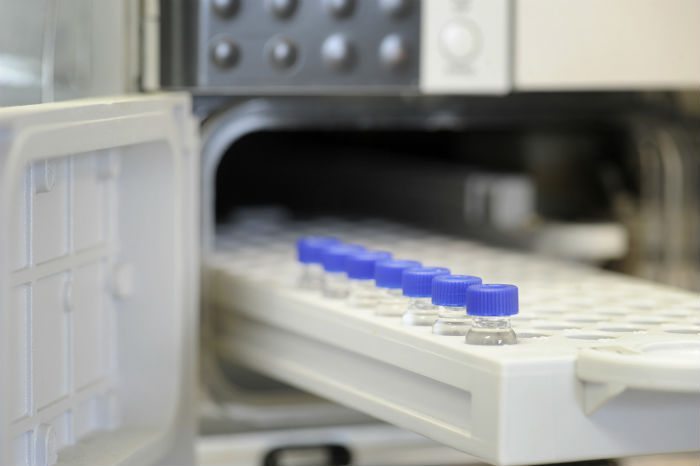New Maryland Law to Address Long-Standing Rape Kit Backlog
Marylanders will soon know the extent of the rape kit backlog in their state—a first step in trimming the backlog—under a new law signed in April by GOP Gov. Larry Hogan.

Marylanders will soon know the extent of the rape kit backlog in their state—a first step in trimming said backlog—under a new law signed in April by GOP Gov. Larry Hogan.
The law requires that law enforcement agencies conduct an inventory of the rape kits backlogged in their storage facilities and send a report of their findings to the state attorney general by March 2016. The report will detail not only the number of kits in storage, but the amount of time they’ve been backlogged.
Following that report, Attorney General Brian Frosh will provide a summary and recommendations to the Maryland General Assembly on how to eliminate any backlog found.
Hogan signed a second bill into law, the Sexual Assault Survivors’ Right to Know Act, which is designed to help survivors follow up and receive information about the status of their rape kits.
Though the volume of kits delayed in storage facilities remains to be seen, the Baltimore Police Department has since 2014 worked to chip away at a backlog that at one point reached 1,500.
The Rape Kit Action Project estimates that delays in testing have resulted in a backlog of 400,000 kits nationwide. Each kit would cost an average of $1,000 to test.
The rape kit backlog gained renewed attention in Maryland last year after the Baltimore Sun reported on a local man identified as a serial rapist only after a two-year-old kit was finally tested.
Maryland already requires law enforcement to collect DNA evidence from anyone convicted of a felony, along with some non-felony charges.
Vice President Joe Biden this year visited Baltimore to support testing efforts, calling backlog clearance an “absolute priority.”
“Thousands of women right now are looking over their shoulder. Thousands of them wonder, ‘Will he come back?’ We should make the money available. We can restore women’s lives,” Biden said.
The effort in Maryland is part of what’s become a nationwide push to eliminate rape kit backlogs. The Bureau of Justice Assistance in March began accepting grant applications for state and local efforts to address untested kits. And in November, the Manhattan District Attorney’s office pledged to commit $35 million to clear backlogs across the country.
